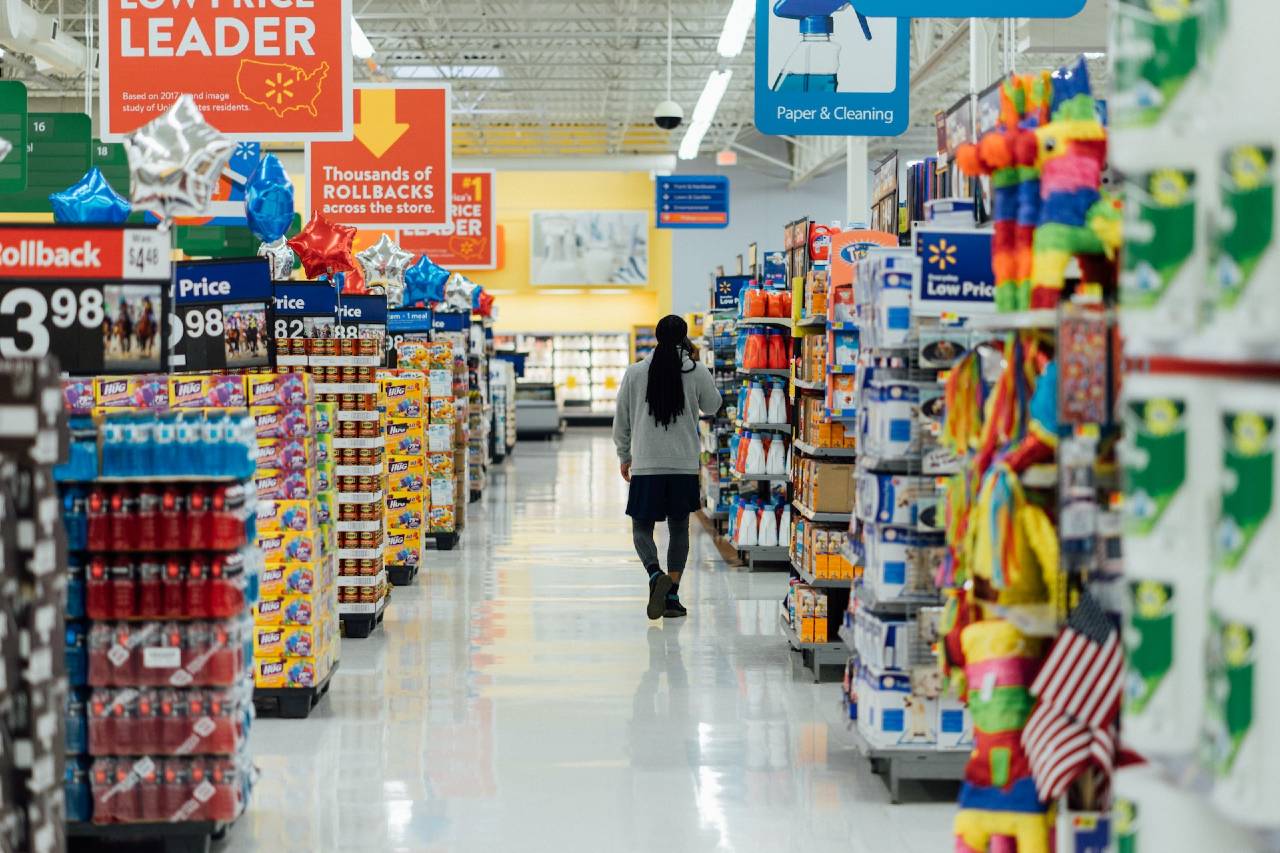Supermarkets are calling for the government to lift the policy barrier to regulation for renewables – saying that otherwise the government’s goal of reaching net zero by 2050 could be unachievable.
Community Energy England, which represents 300 community energy organisations, has penned an open letter to Rishi Sunak along with leaders from supermarket giants Tesco, Morrisons, M&S, the Co-op Group, Central Co-op and Midcounties Co-operative, to warn that 2030 and 2035 renewable targets will not be viable without pointed government policy action.
Outlined in the letter are warnings that the government will not meet their 2030 and 2035 renewables targets while policy actions are lacking, as well as a call for fairer pricing for renewable energy such as wind and solar.
Research from Cornwall Insight
Independent research by Cornwall Insight, commissioned by the Co-op, shows startling barriers along the path towards net zero if left unaddressed. According to the study, only 18.5% of the planned renewable generation is considered extremely likely to happen as planned. Findings also show that grid decarbonisation isn’t occurring quickly enough; evidence reveals that by 2030, fewer than 60% of the UK’s electricity will come from renewable sources. Previously the government committed to decarbonising electricity generation in the UK by 2035. In order for this to happen, the Climate Change Committee has said that 70% of electricity generation will need to come from renewables. Based on the findings by Cornwall Insight, the UK will miss that mark by about 10%.A letter to ‘seize the opportunities ahead’
The letter asks Sunak to collaborate with businesses to remove any remaining policy and regulatory obstacles to the investment in and development of renewable energy in order to close this gap. Shirine Khoury-Haq, the Co-op’s chief executive, said, “Additionally, the letter urges the government to move on with its plans to help community energy organisations and make sure that homes and businesses that purchase renewable electricity pay less than those that use gas and electricity with higher carbon emissions.” Other contributors to the letter are calling for ‘transformational change.’ Tesco CEO, Ken Murphy, said: “The food industry depends on the health of the natural environment and we must work collectively to drive the transformational changes needed to meet the UK’s climate commitments.” In the UK, supermarkets consume approximately 3% of the nation’s electricity production. Energy efficient installations such as sub-systems of refrigeration, lighting, HVAC, and building design can reduce energy consumption, but bigger-scale decarbonisation will be necessary to successfully reach the UK’s 2035 goal. In fact, a study showed that smaller supermarkets are actually more energy intensive. While some energy efficiency improvements have reduced their impact, the number of supermarket chains operating smaller convenience stores has offset those energy improvements. Over the past few weeks, Sunak has also been managing outcry over the lifting of onshore wind bans. Khoury-Haq added, “Grid decarbonisation isn’t going fast enough and the Government needs to incentivise investment in it and push through planning reforms to allow rapid progress for onshore and offshore developments.”
If the content of this or any of our articles has interested you, please get in touch for a no-obligation chat with our industry-leading experts at Sustainable Energy First.














